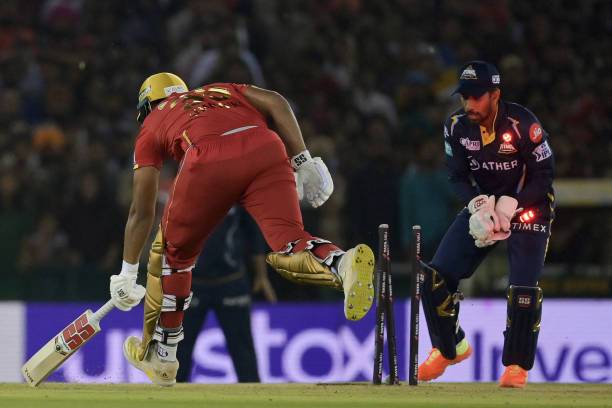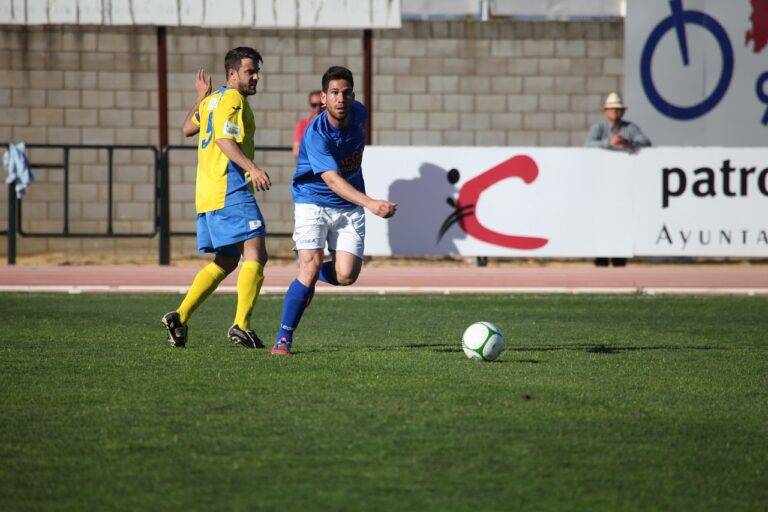Team Dynamics in IPL: 99exch, Reddy Anna Book, Allpanel
99exch, Reddy Anna Book, All Panel.com, Allpanel: Team dynamics in any sports team, especially in the context of the Indian Premier League (IPL), are greatly influenced by the key players. These individuals play a crucial role not only in terms of their performance on the field but also in shaping the overall atmosphere within the team. Their leadership, skill, and attitude can have a significant impact on how other team members interact and collaborate with each other.
When a key player is performing exceptionally well, it boosts the morale of the entire team and creates a sense of cohesion and unity among the members. On the other hand, if a key player is struggling or facing challenges, it can lead to feelings of pressure and uncertainty within the team. The dynamics between key players and the rest of the team members can set the tone for the team’s overall performance and success in the IPL.
Leadership Roles within IPL Teams
Leadership roles within IPL teams play a crucial role in shaping the team’s performance and dynamics. Captains hold a significant position, not just in terms of decision-making on and off the field, but also in leading by example. Their ability to inspire and motivate teammates can have a direct impact on the overall morale and success of the team.
In addition to the captain, vice-captains and senior players also play important leadership roles within IPL teams. These players often act as mentors and role models for younger or less experienced team members, providing guidance and support both on and off the field. Their experience and knowledge of the game contribute to the team’s cohesion and success.
Communication Strategies among IPL Teams
Effective communication is paramount for the success of any IPL team. It serves as the backbone that upholds team dynamics and fosters unity among players. Clear and concise communication ensures that strategies are executed with precision on the field, leading to cohesive gameplay.
Within IPL teams, communication strategies vary depending on the team dynamics and individual roles of players. Some teams emphasize open lines of communication, encouraging players to voice their thoughts and share ideas freely. In contrast, other teams may have a more structured approach to communication, with designated leaders guiding the team and disseminating information effectively to ensure alignment and coordination during matches.







